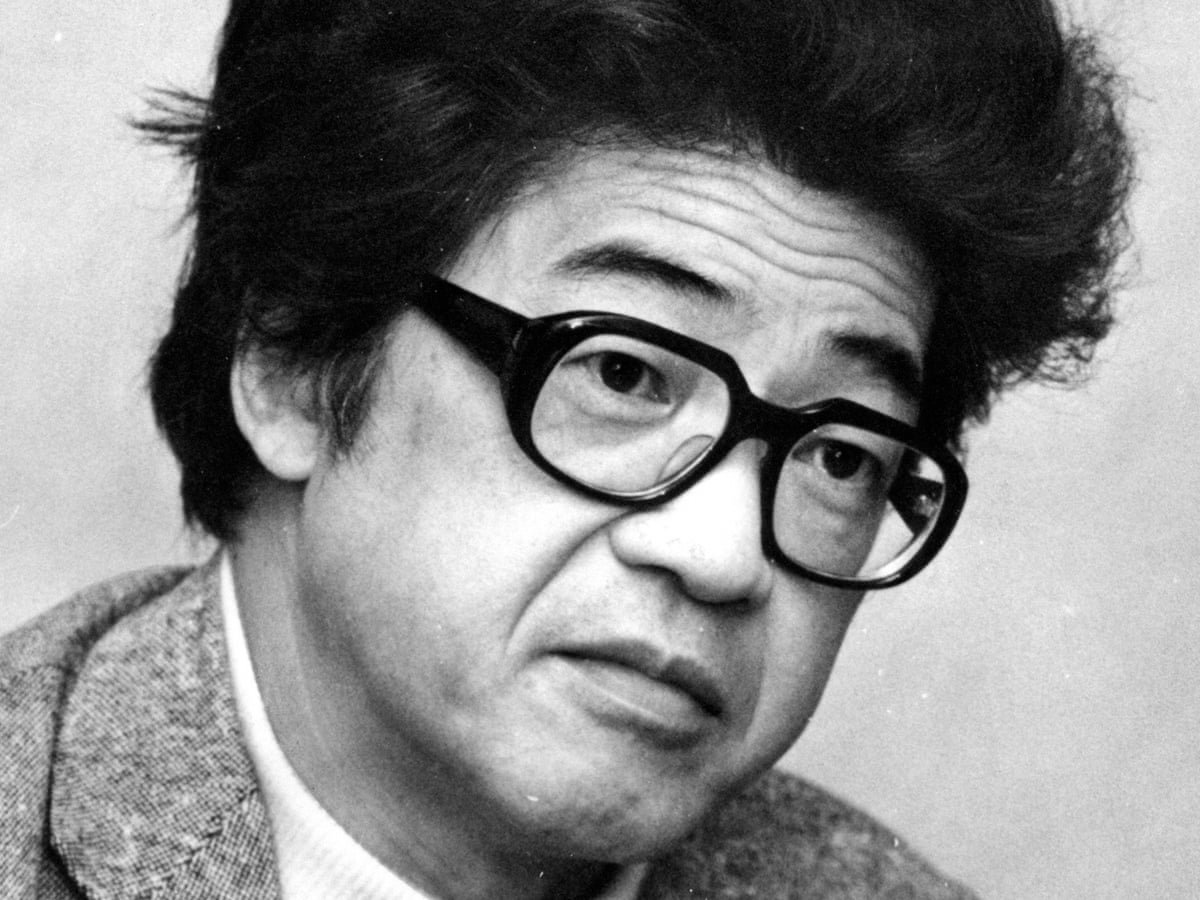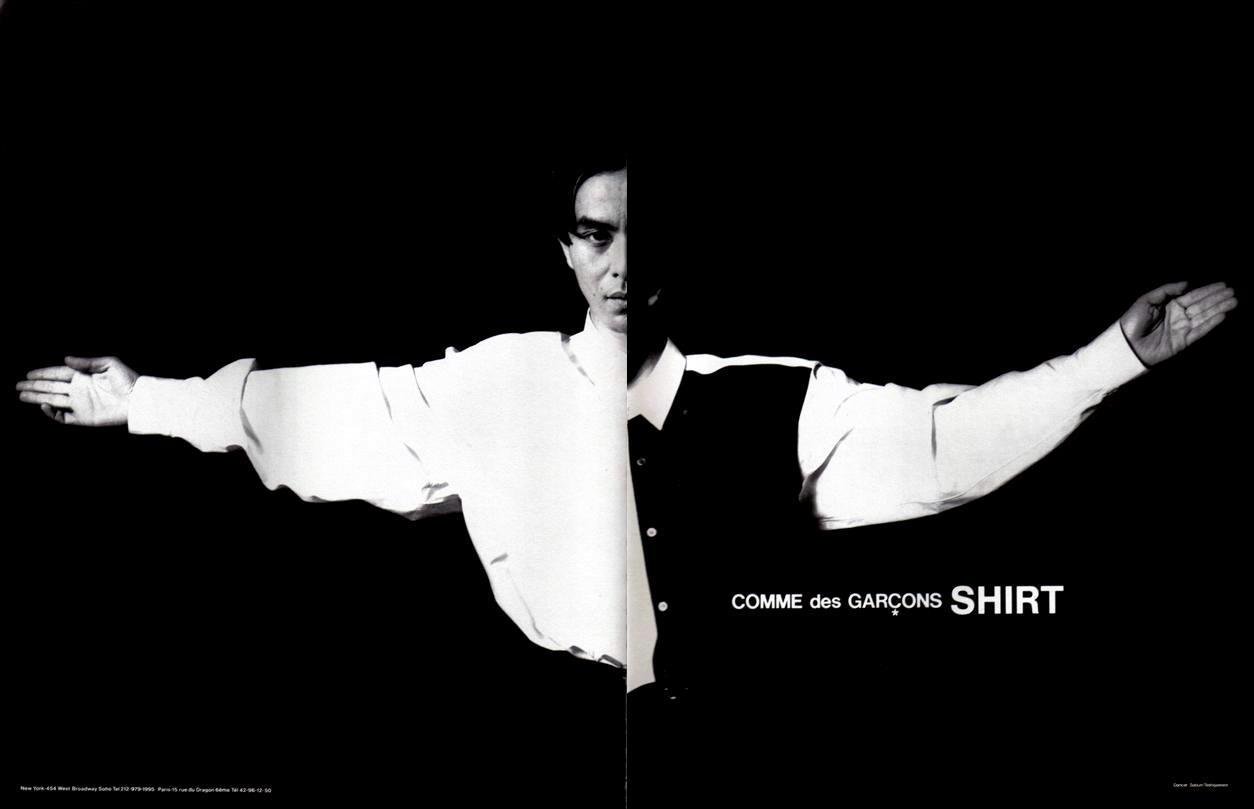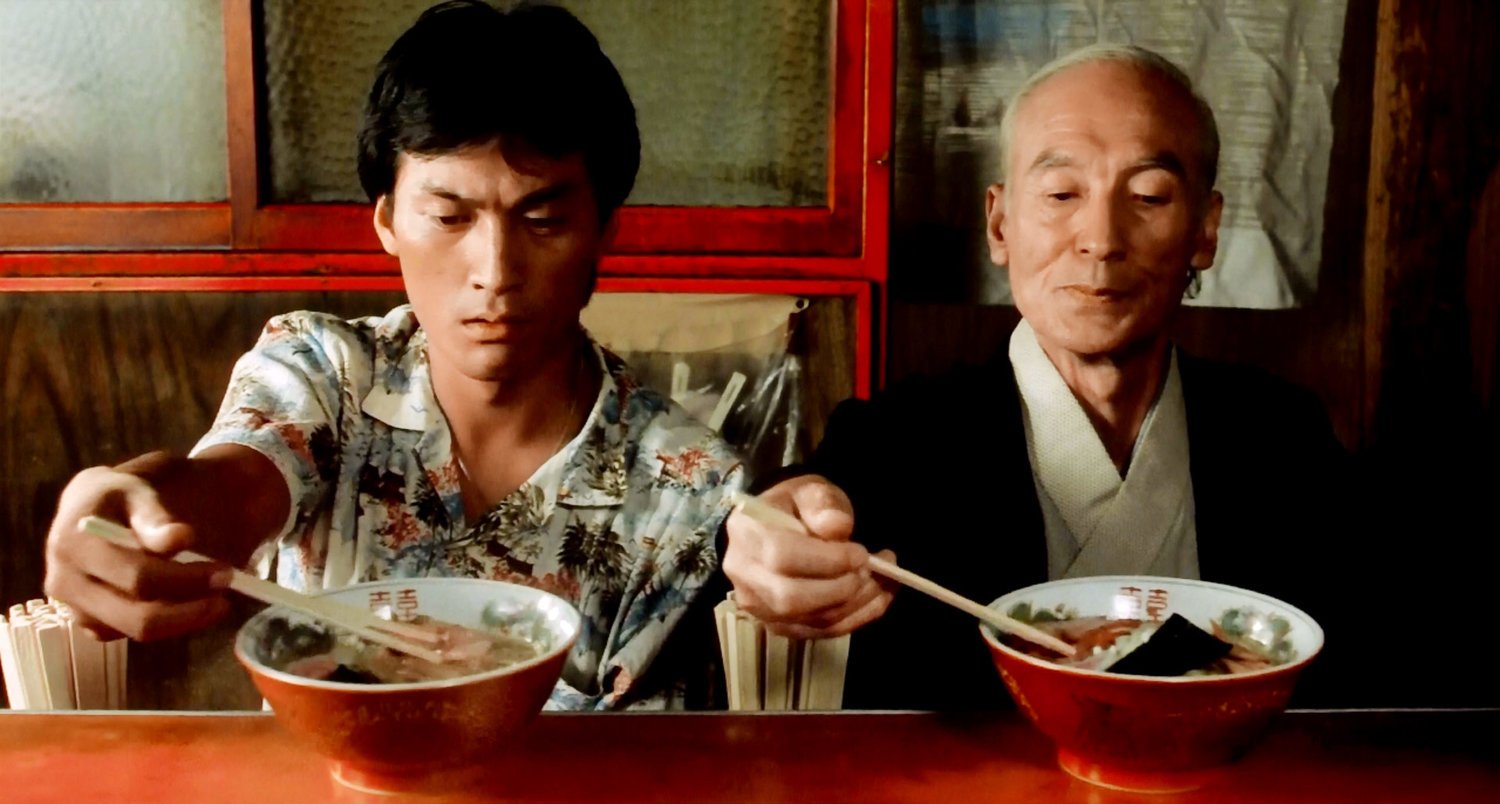Kobo Abe: The Profound Japanese Literary Great

Kobo Abe’s significant literary contributions allow for him to stand comfortably in the conversation of Japanese literary greats and better yet, he also garnered huge international success with his works gracing bookshops across the globe and selling with remarkable ease.
Abe’s path to success in the world of literature came about rather unconventionally. Son of a professor of Medicine, he followed his father's footsteps and became a trained physician but having graduated he became increasingly disillusioned with the field and from there set his gaze to a profession far from the one synonymous with those long, haunting white corridors.
Though his desire to have a vocation other than the one he was licensed to do was fulfilled, it was by no means a living that offered much comfort since he became a street vendor selling vegetables and rice balls. Crucially however, this was the period (latter stages of WWII) that initiated his literary work as he began to write poems and short stories, the first of which being “Poems by Anon” in 1947.
Not long after more followed, including the surrealist and fantasy underlined work “The Crimes of S. Karma” which led to his first embrace by the literary circle through his 1951 Akutagawa Prize triumph, Japan’s most prestigious literary award.
The following years saw him enlist as a member of the Japanese Communist Party, but he felt disenchanted after a brief visit to Eastern Europe and which ultimately led to his dismissal in 1962. But that same year saw him release arguably his most lauded and impactful work “The Woman in The Dunes”, where he so effortlessly fuses genres that are traditionally at odds with one another; fantasy, dark humour, existentialism, and erotic science fiction.
His later works like “The Face of Another, 1962” and “The Ruined Map, 1969” are no less mystifying and address the subject of a Tokyo he was struggling to identify with. Yet to accurately pin down all the themes in a work of
Abe’s is a task verging on the impossible, even for the most esteemed literary critics, as he is an avant-gardist in every sense of the word, a man completely inimitable.





